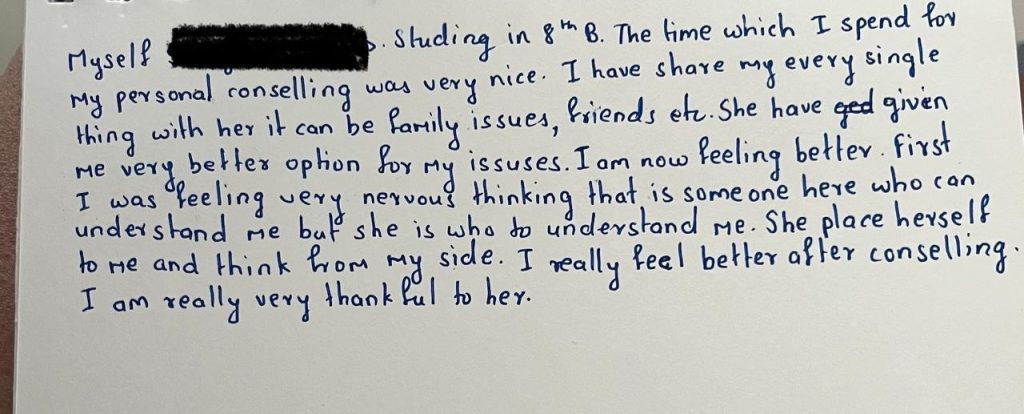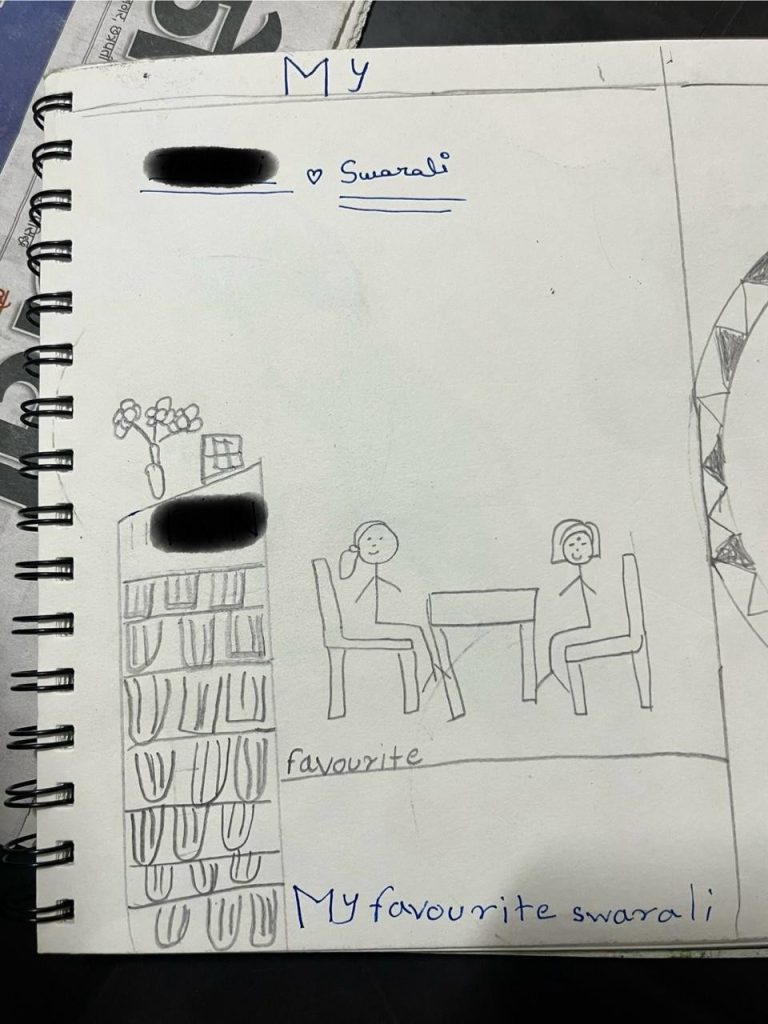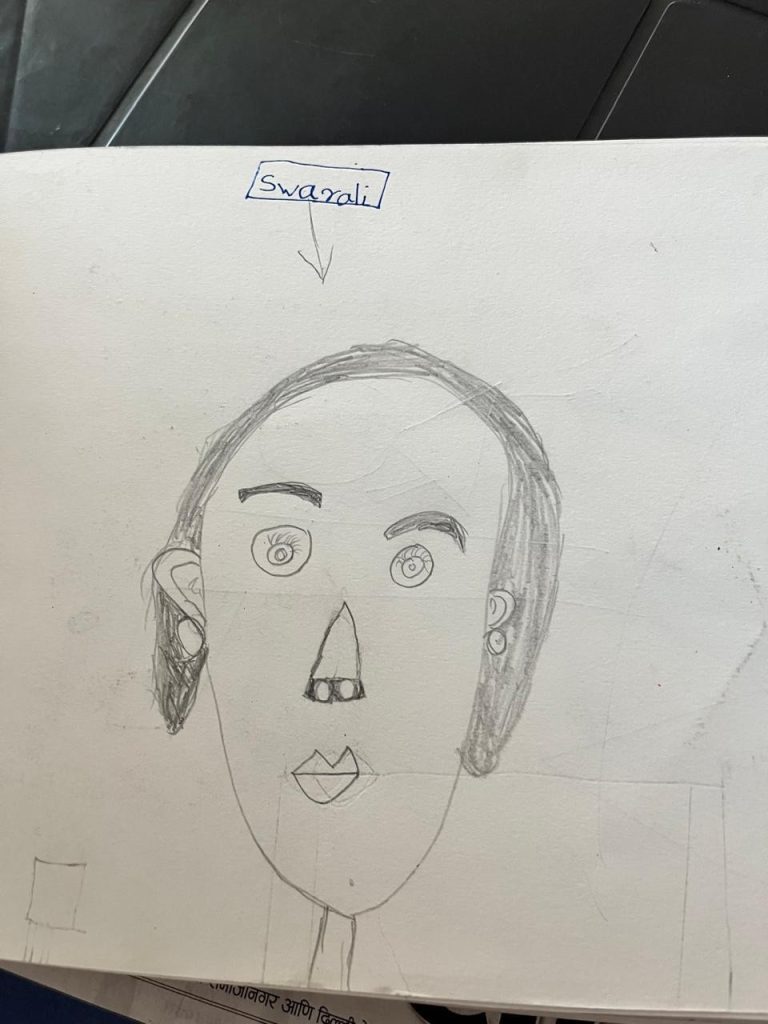One Year as a Psychologist: Lessons, Challenges, and Reflections

It’s hard to believe it’s already been a year since I started practicing as a psychologist. Looking back, it’s been a journey that has shaped me in ways I didn’t expect. In just 12 months, I’ve learned more than I could have ever imagined during my years of academic training.
I started off with pro bono sessions, eager to gain experience and offer support. Eventually, I began working at Mpower as a school counselor, which allowed me to visit multiple schools mostly in underprivileged areas. I worked with children whose parents were daily wage earners, which exposed me to the harsh realities of socio-economic struggles and their impact on mental health.
One of the biggest realizations I had early on was the massive gap between theory and practice. No matter how much you prepare during your master’s, being in the field is a whole different ballgame. No textbook or case study can fully prepare you for what it’s like to sit across from a child carrying the weight of poverty, neglect, or abuse.
Here’s what this year taught me:
1. Corporal Punishment is too common: One of the most painful truths I witnessed was how common physical abuse and corporal punishment still are and the emotional burden they place on children. Many children internalized this violence, expressing it through fear, defiance, or emotional shutdown while adults often overlooked the trauma behind their “bad behavior.”
2. Emotional Neglect in Underprivileged Families: I realized that parents from underprivileged backgrounds do care about their children’s mental health, despite the misconception that they don’t. The problem is, they’re often unable to provide the resources or support their children need simply because they’re too busy surviving. Long working hours and financial stress leave little room for emotional availability. As a result, children often become the unintended outlet for their parents’ displaced frustration and anger. What this made clear to me is that individual therapy alone isn’t enough, a more community-based approach is needed.
3. Supportive Therapy Isn’t Enough: While supportive therapy is beneficial, I realized it is often insufficient when working with children facing systemic issues. Many of their struggles are the direct result of socio-economic disparities and capitalist exploitation. No amount of emotional regulation techniques can fully address the structural inequalities they face. This made me question the overemphasis on individual-level interventions when systemic change is equally (if not more) necessary.
4. The Unrealistic Expectation to ‘Fix’ Children: One of the biggest challenges as a school counselor was the expectation to “fix” children. Schools and parents often referred kids for therapy only when their behavior became disruptive or inconvenient for others. The focus was rarely on the child’s emotional well-being but rather on making them more manageable. Progress was often measured by how quiet or compliant the child became, rather than whether they were actually healing or expressing themselves.
The Best Part: Witnessing Client Progress
Despite the challenges, the most rewarding part of this year has been seeing client progress. Toward the end, while collecting testimonials, I was struck by the impact that simply being a warm, non-judgmental presence can have. Sometimes, the most meaningful progress wasn’t in behavioral changes but in the moments when children felt safe enough to express themselves. Seeing them open up, trust, and even smile a little more brightly made all the hard days worth it.
This year has shown me that being a psychologist is as much about holding space as it is about offering interventions. It’s about patience, compassion, and sometimes just showing up even when you feel unsure. As I step into the next phase of my practice, I carry with me the lessons of empathy, resilience, and the understanding that even the smallest shifts can make a difference.



